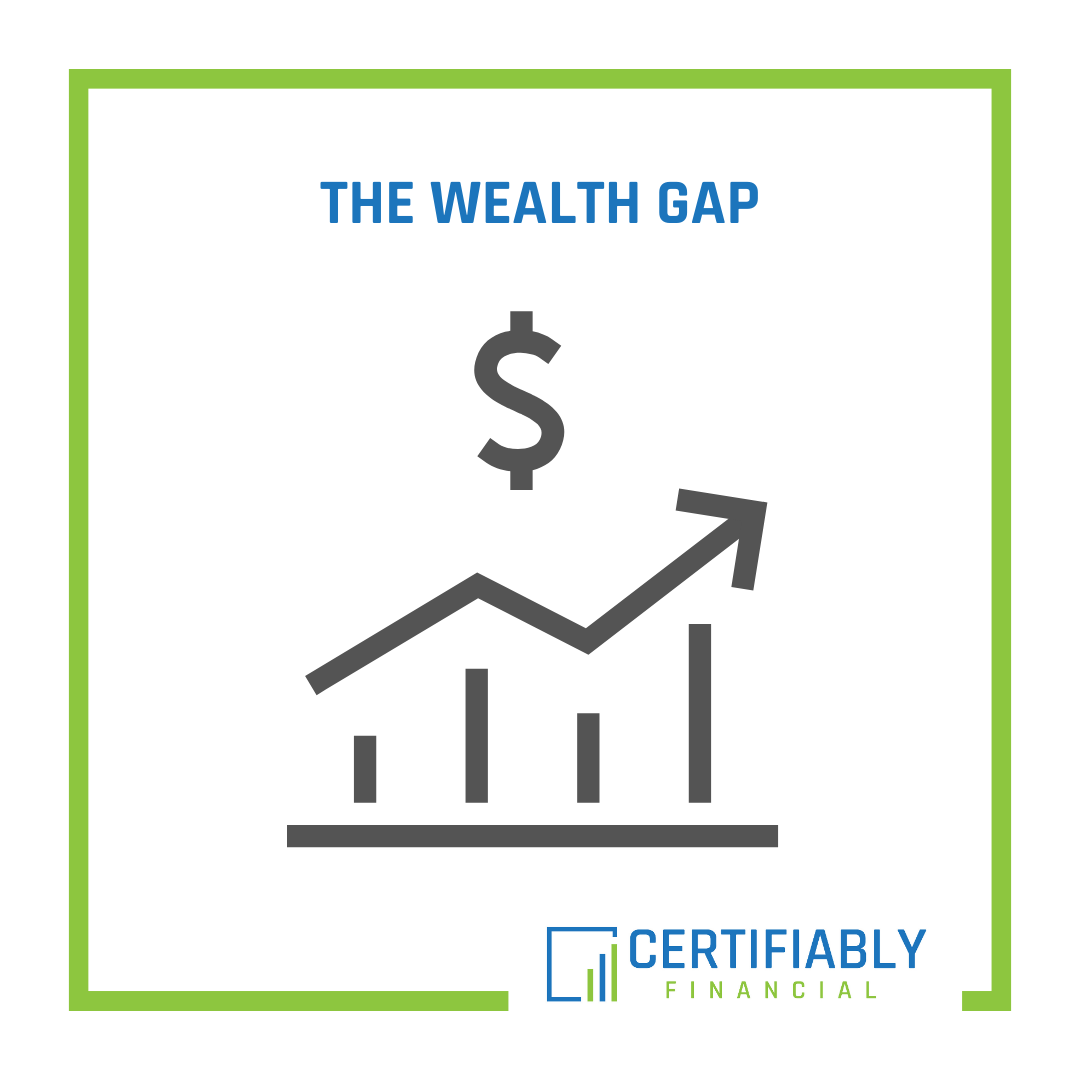I don’t have anything profound to write today, but I do want to share an article from someone who is a much better writer and much deeper thinker than me that I would like for you to read.
Nick Maguilli wrote an article titled How Big is the Racial Wealth Gap? on his blog Of Dollars And Data. As the name of the website suggests, this isn’t an opinion-based article but a data-based one.
If you read the title of the article and had some negative thought or immediately decided that you don’t want to read it, then you’re who I want to read it the most. I believe it’s important to actively consume information that you disagree with and/or that makes you uncomfortable. I think this allows you to have a more objective and understanding view of the world and others.
Simply consuming information from the same sources that you always have which share the same views as you does you no good and only contributes to confirmation bias. It seems that objective decision making has largely been lost as we all have access to so much information that confirms our beliefs and never have to hear different opinions if we don’t want to.
A lot of the data that Nick presents in his article is pretty shocking. Here are just a few of his findings through his research of the racial wealth gap:
- “The typical White household has 10 times as much wealth ($171,000) as the typical Black household ($17,000) in the U.S.”
- “The median Black household with a college degree has a net worth similar to the median White household without a high school diploma.”
- “It’s not just one disadvantage one time. It is the cumulative effect of discrimination that negatively compounds on individuals, their communities, and, ultimately, their ability to build wealth.”
- “…a Black household under age 35 has to be in the top 20% to have similar wealth to a typical White household under age 35.”
This data proves that there are many systemic issues causing the racial wealth gap and inequality. While I certainly don’t have an answer on how we go about starting to solve these issues I believe that actively consuming information and educating myself on them and helping to educate others is a start.
You’re less likely to understand something that you haven’t experienced. Exposing yourself to personal stories, anecdotes, information, and data on the subject helps to build understanding. It’s easy to sit back, watch, and feel comfortable. It’s much harder to get out of your comfort zone and do something – even if that something is as simple as learning something new.

